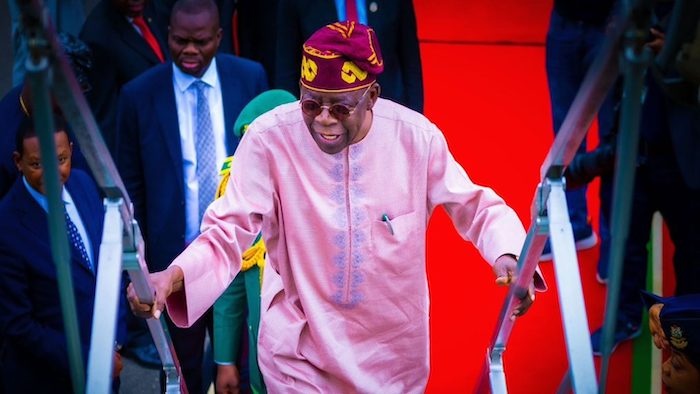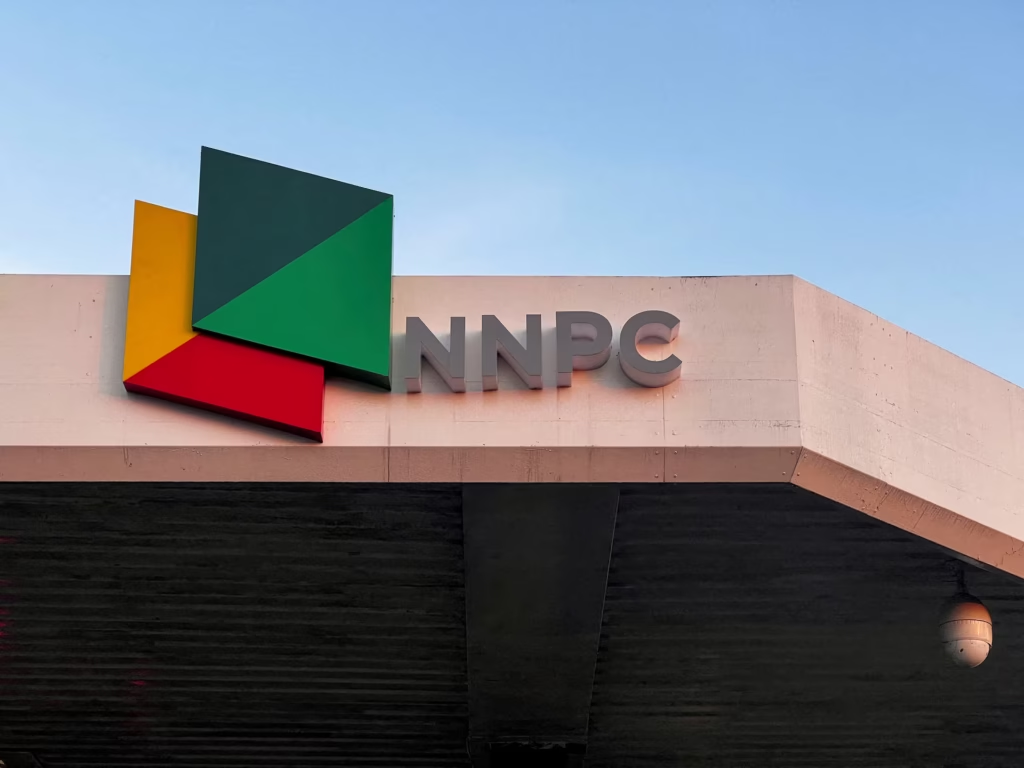
Nigerian President Bola Ahmed Tinubu participated in a Saudi-Africa summit in Riyadh on Friday, extending an invitation to Saudi investors to explore opportunities in his country and emphasizing the “good returns” offered by Africa’s largest economy.
The two OPEC oil-producing nations also inked a preliminary agreement, indicating a political commitment to enhance relations, although the economic implications remain uncertain.
In Riyadh, Tinubu’s office stated that he aimed to guarantee the safety of investments for all prospective Saudi investors in Nigeria.
Assuming office in May, Tinubu swiftly implemented economic reforms focused on revitalizing public finances and attracting increased foreign investment.
Under his leadership, the administration has terminated a fuel subsidy and allowed the naira currency to float. However, in the immediate term, Nigerians are grappling with a threefold increase in fuel prices and elevated food costs.
According to the Institute for Security Studies think tank, foreign direct investment in Nigeria’s economy declined from $2.2 billion in 2014 to $470 million in 2022.
On the summit’s eve, Nigeria’s oil minister, Heineken Lokpobiri, declared the signing of a memorandum of understanding with his Saudi counterpart, Prince Abdulaziz bin Salman, aimed at “strengthening our partnership in the oil and gas sector.”
“We can anticipate enhanced technological exchange, investment inflow and a strengthened strategic partnership,” he said on social media.
Saudi Arabia’s ties with African nations, particularly those with sizable Muslim populations, started to expand in the 1970s.
Nigeria, the foremost oil producer in Africa, and Saudi Arabia are both members of the Organization of the Petroleum Exporting Countries (OPEC) and the Organization of Islamic Cooperation (OIC).
Despite a notable increase in Saudi Arabia’s diplomatic presence in Africa in recent years, its economic engagement remains modest, even with the establishment of the Nigeria-Saudi Chamber of Commerce a year ago.
“Energy cooperation between the two countries only exists through discussions at summits and meetings of OPEC… But no significant investment by Saudi Arabia in the Nigerian oil sector has materialised,” said Benjamin Auge, a researcher at the French Institute of International Relations (IFRI).
He expressed skepticism, stating that the energy agreement inked between Abuja and Riyadh “will probably remain more in the realm of good intentions”.




